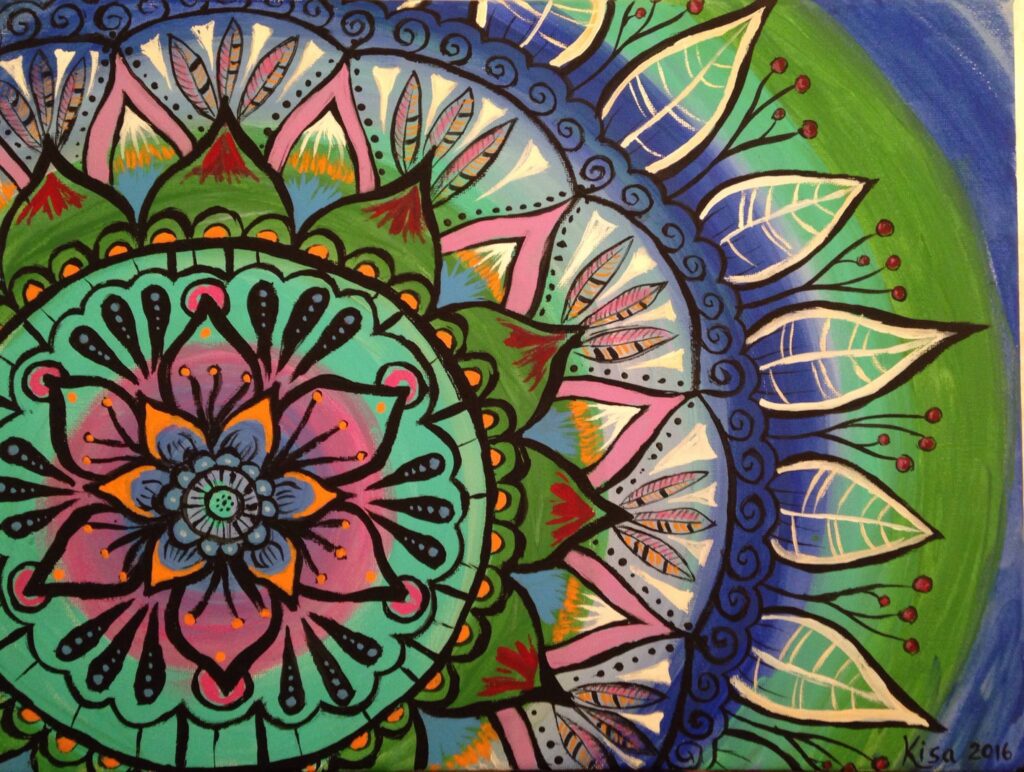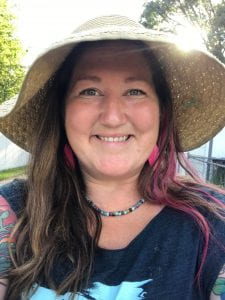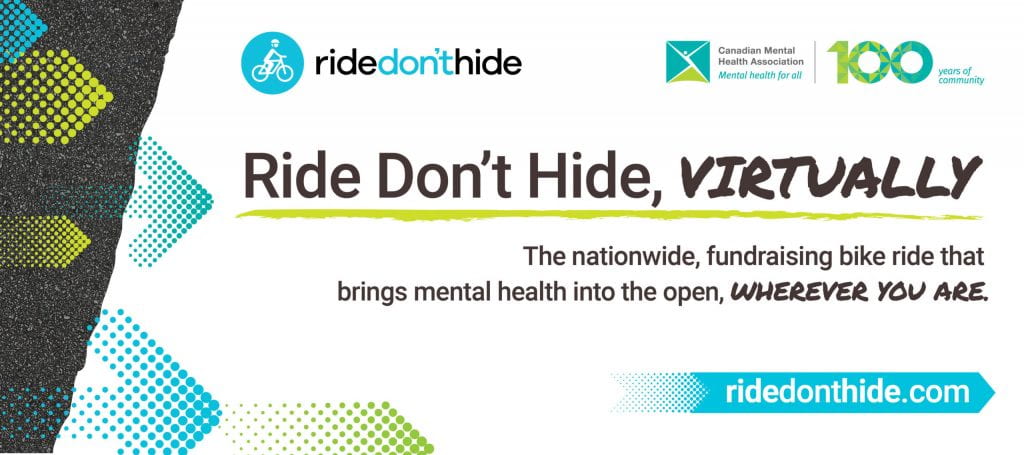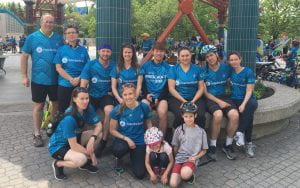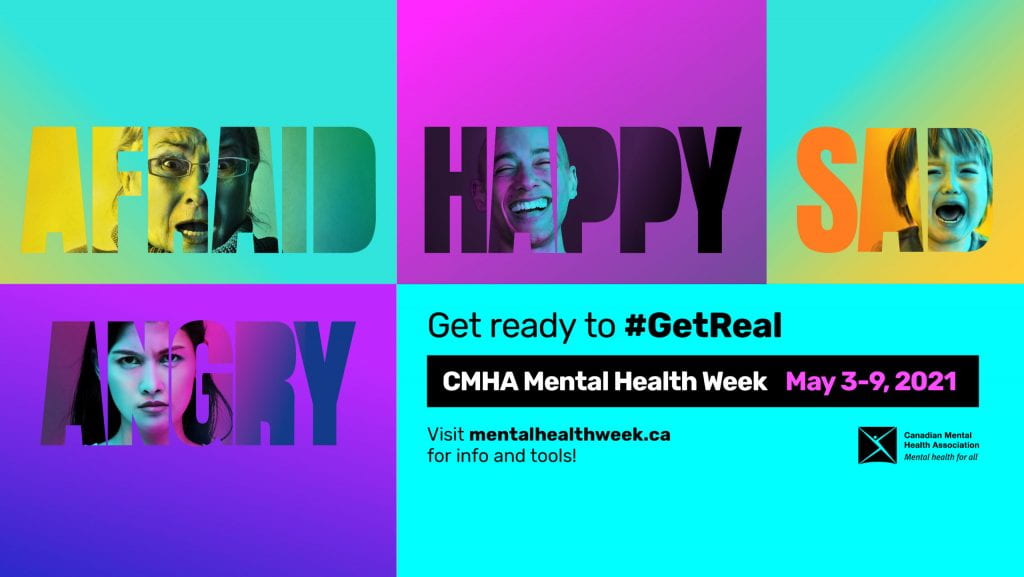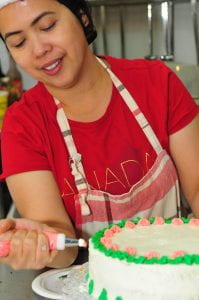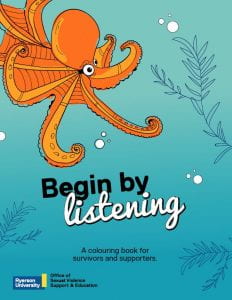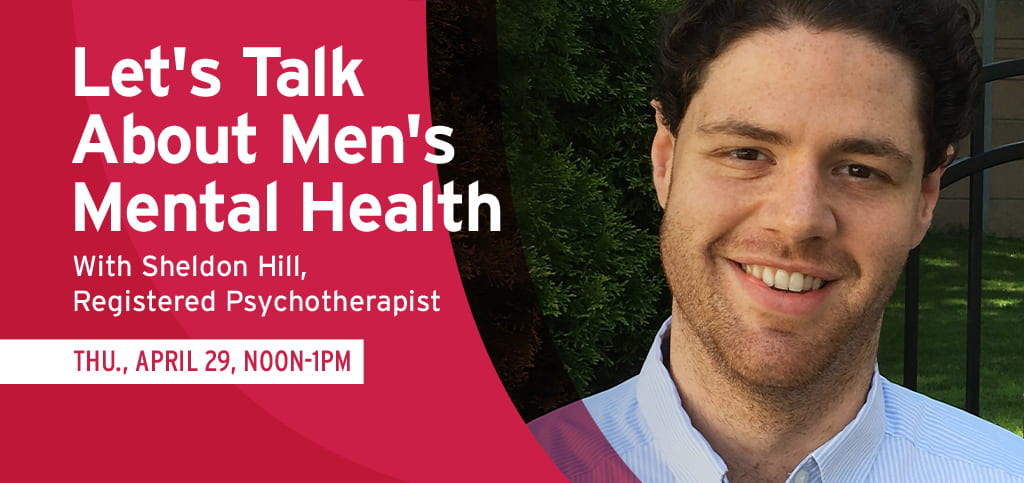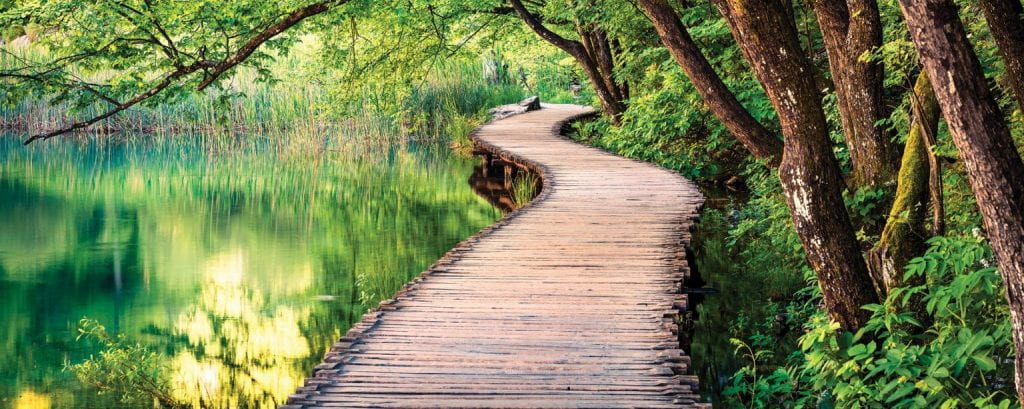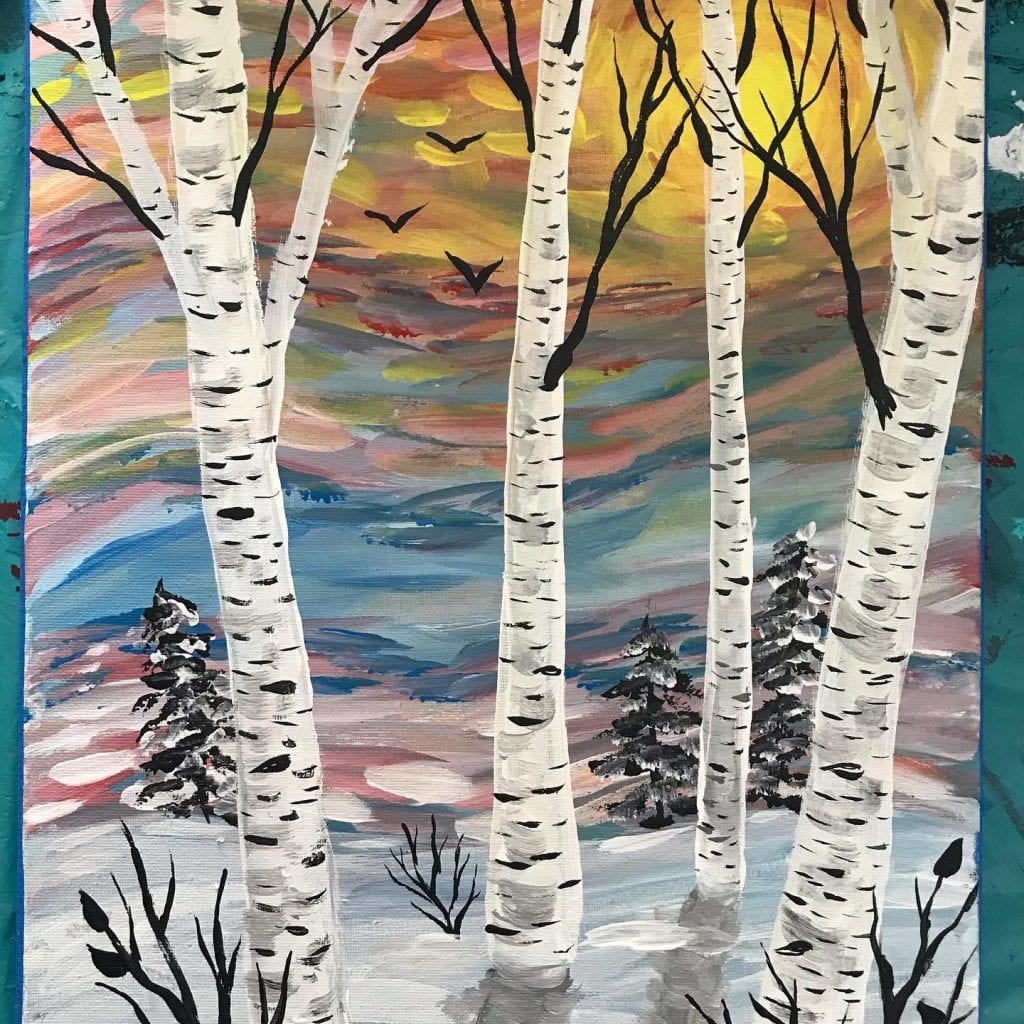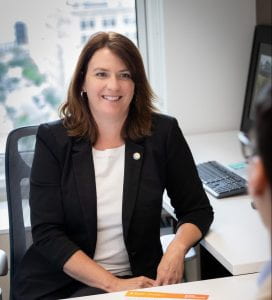Connect With Others — And Meet all the Precious Pets
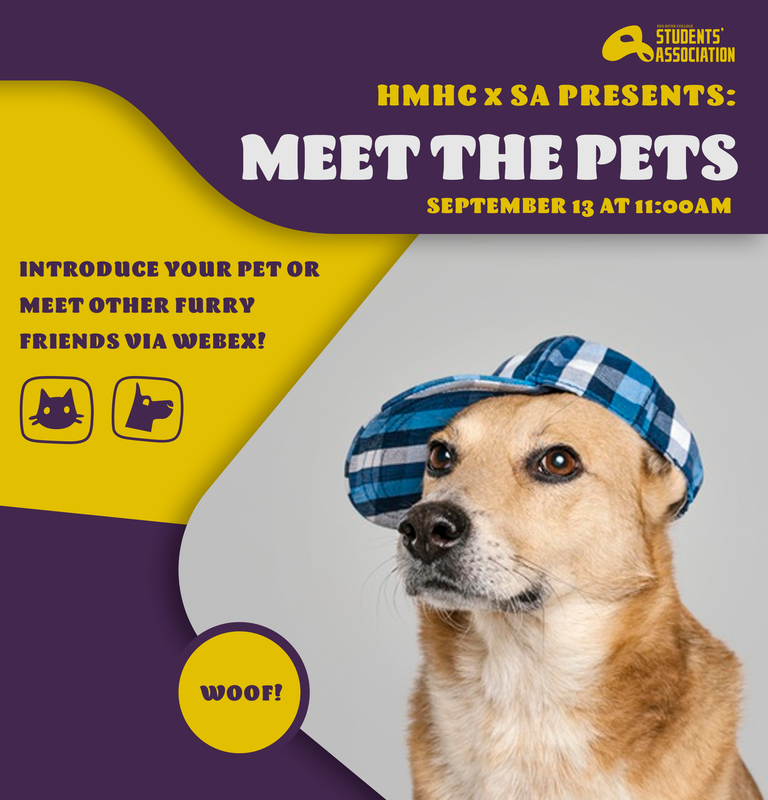
Long days of studying or working can be isolating and monotonous. Thankfully, many of us have pets we love who force us to smile, relax and take a little break. On September 13, you’re invited to pick up your pet, hop on WebEx and meet all the RRC pets!
During this lightly facilitated session, participants will be invited to introduce their own pet and tell us what you love about them.
Don’t have a pet, but still love to meet others’ precious pals? No problem. Join anyway and take part in the virtual meet-and-greet.
The Details
Date: Monday, September 13
Time: 11-11:30am
Platform: WebEx
THRIVE events encourage balance and self-care that in turn support good mental health. All THRIVE events are offered in partnership with the RRCSA at no charge to participants and are open to staff, students, and faculty.
Watch your student or staff news and this blog for invitations to more THIRVE activities, including music workshops, cooking lessons, wellness workshops, yoga classes and more.

